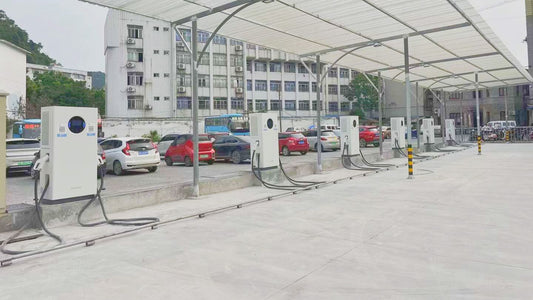The time it takes to charge an electric vehicle (EV) can vary depending on several factors, including the battery capacity of the vehicle, the charging method used, and the charging equipment's power output. Here are some general estimates:
Level 1 Charging: This is the slowest form of charging and uses a standard household outlet (120 volts AC). Level 1 charging typically provides about 2-5 miles of range per hour of charging. So, for example, if your EV has a range of 200 miles and needs a full charge, it would take approximately 40-100 hours.
Level 2 Charging: Level 2 charging requires a dedicated charging station and uses higher voltage (240 volts AC). Most home charging stations and public charging stations offer Level 2 charging. The charging rate can vary depending on the vehicle and the charging station's power output. On average, Level 2 charging can provide around 10-30 miles of range per hour. Using the same example as before, it would take approximately 7-20 hours to fully charge an EV with a 200-mile range.
DC Fast Charging (Level 3 Charging): DC Fast Charging is the fastest charging option available for EVs. It utilizes high-powered chargers that can provide a significant amount of energy to the battery in a short time. The charging rate can range from 60-80 miles of range in 20 minutes to 150-350 miles of range in an hour, depending on the charging station and the EV's capabilities. With DC Fast Charging, you can typically charge an EV to around 80% of its capacity in 30-45 minutes, although the charging rate may slow down as the battery reaches higher levels of charge.
It's important to note that these are rough estimates, and the actual charging time can vary based on factors such as the vehicle's battery condition, the ambient temperature, and any charging limitations imposed by the vehicle's onboard charging system. Additionally, newer EV models are continuously being developed with faster charging capabilities, so charging times may improve in the future.
There's a very simple way to calculate the charging time that you will spend on our Wattsaving charger.





